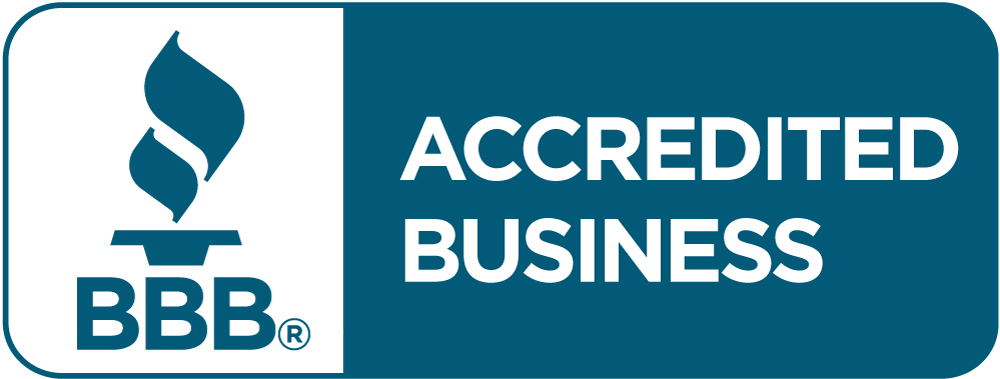Quick Links
ToggleFor small business owners, managing payroll is one of the most time-consuming and daunting tasks. However, it’s also one of the most vital responsibilities on their to-do list, as it ensures each staff member is paid correctly and on time.
Failing to successfully manage your small business payroll doesn’t just risk disgruntled employees but also places your business at risk of failure. Thankfully, small business payroll management doesn’t have to be difficult. Keep reading to learn our top five payroll tips.
1. Create a Clear Payroll Policy
Before you run your first payroll, you’ll need to establish a clear payroll policy so that everyone within your business is on the same page. This policy will cover information such as:
- How payroll works
- When the payroll period is
- How much employees can expect to be paid
- How certain benefits, such as annual leave and overtime, are paid
You’ll also want to ensure your payroll policy is in line with local laws by familiarizing yourself with the American Payroll Association’s guide to state payroll laws.
2. Have a Uniform Pay Schedule
Having a uniform pay schedule across all employees makes small business payroll management much easier. Firstly, you’ll need to decide how you will be paying your staff. This includes whether you’ll be paying them an hourly rate or a yearly salary, as well as tips or commission, for example.
Additionally, your pay schedule should determine how often your employees are paid, such as on a weekly, fortnightly, or monthly basis. The right pay schedule will take both the needs of your small business, as well as the employee’s position, into account. Keeping this information consistent across the board, where possible, will help to prevent confusion or errors.
3. Automate Payroll-Related Processes
If you were to undertake every single task related to payroll management, you simply wouldn’t have enough time left in your workday. Instead, look to software or apps to help you automate various processes, such as employee attendance and payroll-related taxes.
If you pay your employees by the hour, utilizing time-tracking software provides numerous benefits. It allows you to obtain real-time data of their attendance that can then be downloaded or linked to your payroll software automatically.
Additionally, automating payroll taxes can help to prevent late tax payments and penalties. Keep in mind that it is still up to you to ensure everything meets your required legal obligations.
Just some examples of popular payroll software that automates these processes, among others, include MYOB, QuickBooks, and Xero.
4. Find the Right Payroll System
Once you’ve done the important groundwork of creating your payroll policy, determining your pay schedule, and deciding which processes will be automated, then it’s time to decide which payroll system is right for your business. The three main options include:
- Manual payroll, which might save your business money, however, is the most time-consuming, tedious, and error-prone method.
- Outsourced payroll, which allows you to hire a payroll professional to handle all areas of payroll for your business.
- Payroll software, which is generally a lower cost option to outsourced payroll and isn’t as time-consuming or error-prone as manually completing payroll. Many payroll software options feature automation and can quickly and easily calculate payroll tax, schedule payments, track attendance, and more.
When choosing an effective payroll management system for your small business, you’ll want to weigh in a number of factors to determine what’s right for you. These include:
5. Keep Track of Your Cashflow
Successful small business payroll management also requires you to keep track of your cashflow to ensure you have enough funds on-hand to always pay your employees. Failing to do so is every business owner’s worst nightmare, but thankfully, you still have options to prevent this predicament.
If you find your cashflow dipping to dangerously low levels during payroll period, it might be worth looking into small business payroll loans. A Zinch loan, for example, allows you to get the cash you need quickly. This can prevent your small business from resorting to more extreme cash flow management tactics, such as delaying employee wages or downsizing.
Contact us at (714) 500-6622 to learn more about your options. You could qualify for up to $250,000 in just 24 hours.










